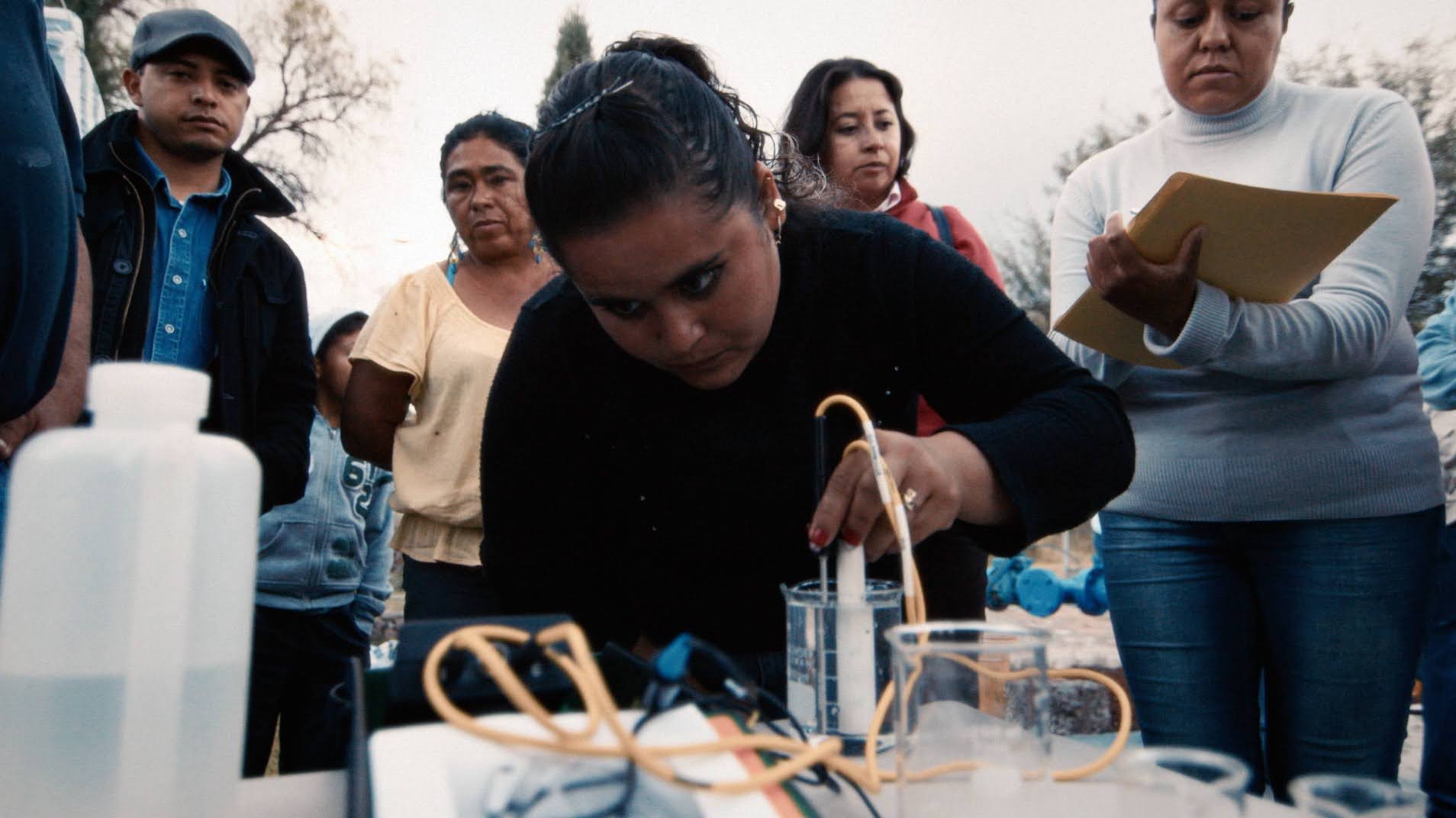Destinee Bates is a cultural communicator, public theologian, and media strategist whose work sits at the intersection of faith, justice, and environmental ethics. A graduate of Union Theological Seminary’s Master of Divinity program, she identifies as an ecowomanist, a theological and ethical approach articulated by scholar Melanie L. Harris that centers the environmental justice perspectives of women of African descent and links social justice to earth justice.
Her faith community was rooted in St. Ambrose Episcopal Church, located in Raleigh’s Rochester Heights Historic District, a post-World War II neighborhood and national historic district situated one and a half miles southeast of downtown. This historically Black community was built in a floodplain where the city discharged raw sewage and dumped waste for over seventy years. Through St. Ambrose, Bates joined cleanup efforts like the Big Sweep and partnered with Partners for Environmental Justice on community education projects. These early experiences grounded her conviction that environmental justice is both a spiritual mandate and a structural necessity.
Her work has taken her from grassroots organizing to the global stage, serving as a U.N. Climate Delegate for the Episcopal Church at COP26 and COP28. She has facilitated public programming and strategic communications for projects at the nexus of racial justice, climate action, and narrative change. In every setting, from faith communities to secular advocacy spaces, Bates emphasizes intentional framing and accessible language to move audiences from reflection to meaningful action.
Bates is drawn to The Age of Water for its powerful portrayal of water as both a sacred source of life and a contested site of systemic harm. Guided by ecowomanist principles, she approaches this work with a prophetic commitment to dismantling environmental injustice, honoring the earth as sacred, and amplifying the leadership of women and frontline communities in shaping a just and sustainable future.


